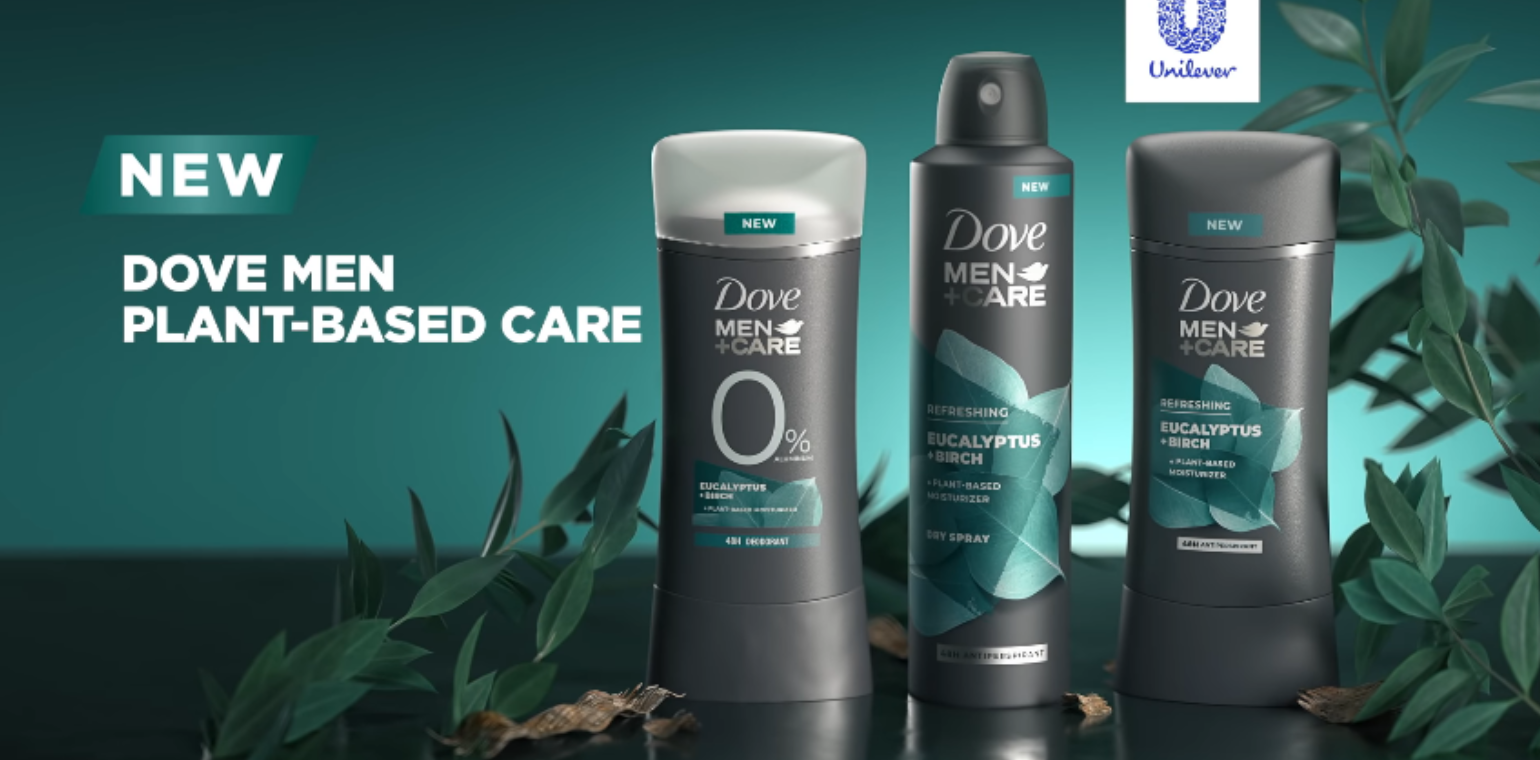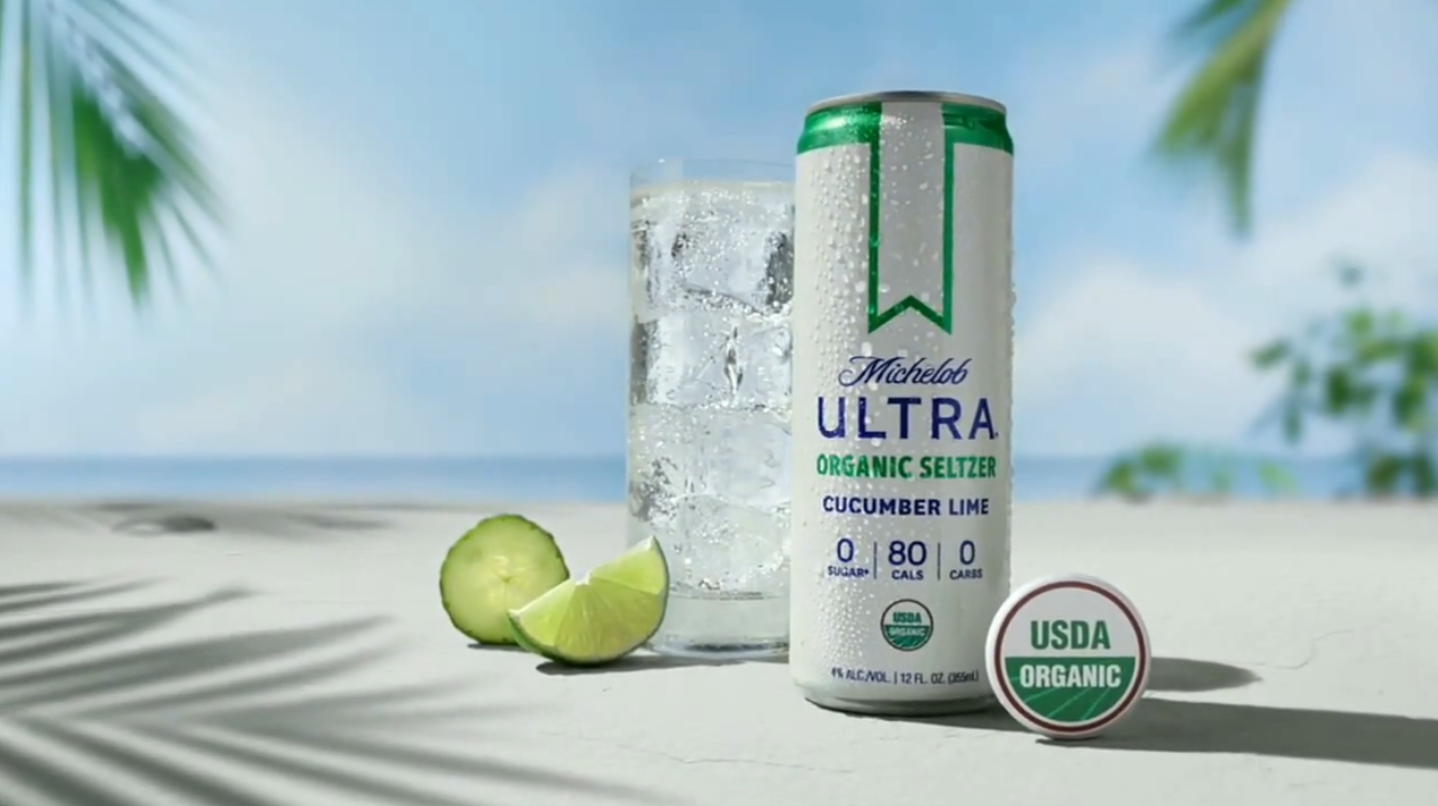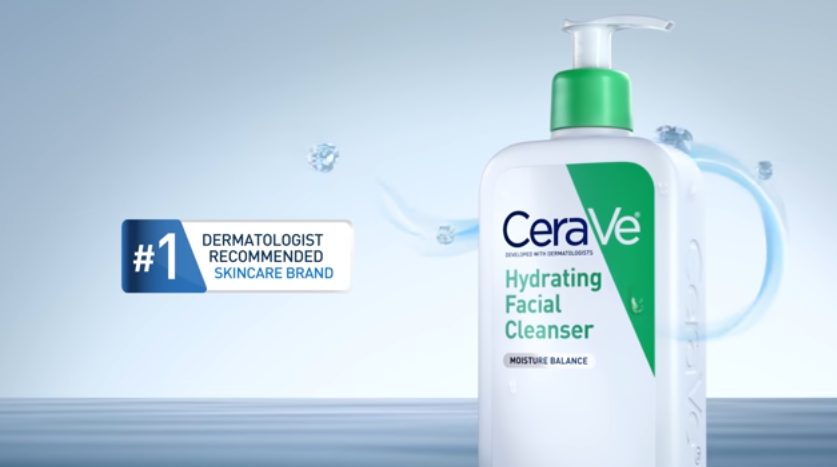
Dove Men ‘Plant-Based Care’
Spoiler: It’s not so much the overall care that is plant-based but rather specific moisturizing ingredients.
It's the "natural" deodorant whose sole active ingredient is not natural.
The National Advertising Division (The National Advertising Division (NAD) is the advertising industry’s self-regulatory body administered by the Council of Better Business Bureaus.) has another name for Tom’s of Maine’s “Naturally Dry” deodorant: “Unnaturally Dry” deodorant. That’s because the sole active ingredient in this so-called natural deodorant — aluminum chlorohydrate — is not, it turns out, natural.
Tom’s ad claims were challenged by Unilever, maker of competing AXE and Dove deodorants. After investigating the issue, NAD recommended that Tom’s cease calling its deodorant “Naturally Dry,” as well as discontinue claims that the product contains “natural powder” and that the stick “really works. Naturally.”
The Colgate-Palmolive Company, which bought Tom’s in 2006 for $100 million and also lists Speed Stick among its deodorant brands, said it is going to appeal the decision to the National Advertising Review Board. The consumer goods giant argued that the “natural” claims at issue have already been hashed out in a $4.5 million class-action settlement that awarded restitution to consumers who purchased any one of several Tom’s products.
NAD maintained that it had authority because the settlement “did not require changes to the challenged advertising claims.”
Surveys show that consumers are willing to pay more for a product marketed as “natural.” Yet, the FDA does not have a formal definition for the word. That may change soon, though, as the agency reviews thousands of public comments on the matter.
Find more of our coverage on the marketing of wholesome, eco-friendly, feel-good “natural” products here.
Our Ad Alerts are not just about false and deceptive marketing issues, but may also be about ads that, although not necessarily deceptive, should be viewed with caution. Ad Alerts can also be about single issues and may not include a comprehensive list of all marketing issues relating to the brand discussed.
Spoiler: It’s not so much the overall care that is plant-based but rather specific moisturizing ingredients.
Consumers aren’t the only ones who watch the ads. Competitors do too.
Do dermatologists really recommend CeraVe more than any other skincare brand?

